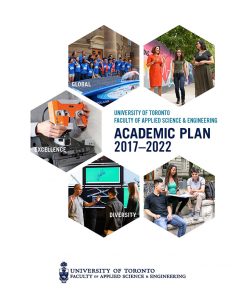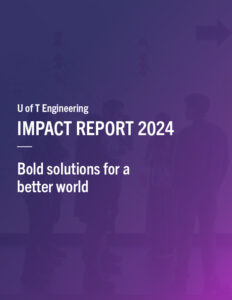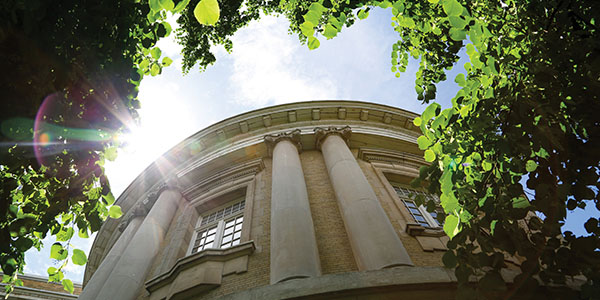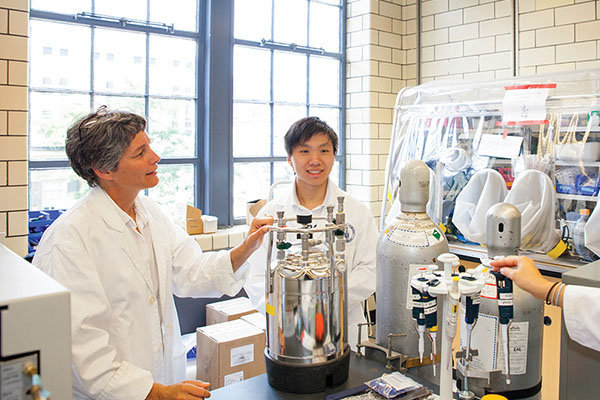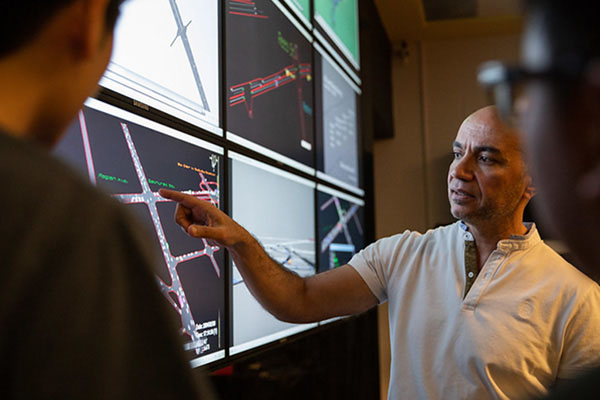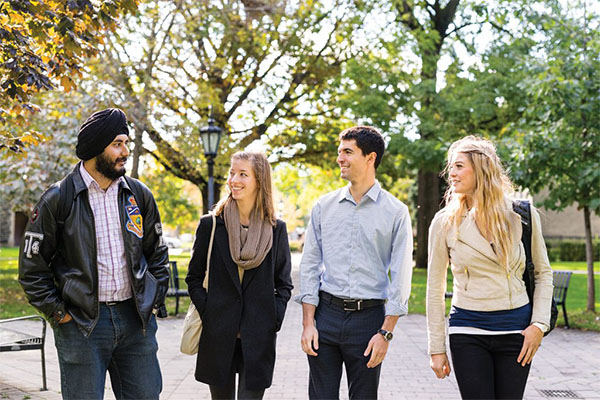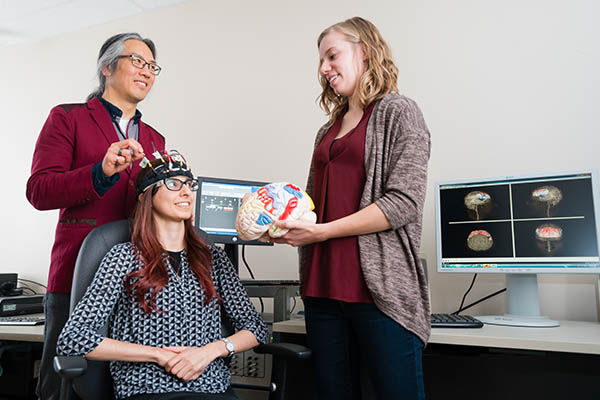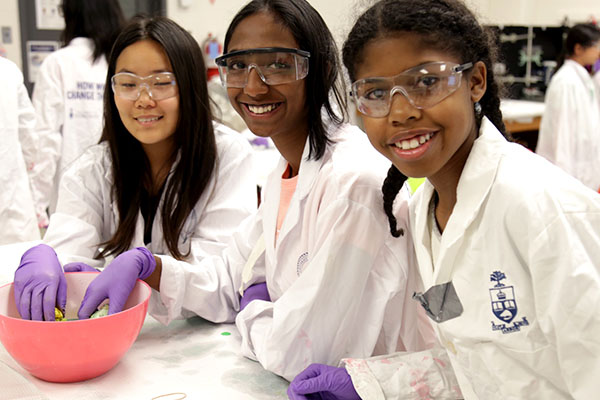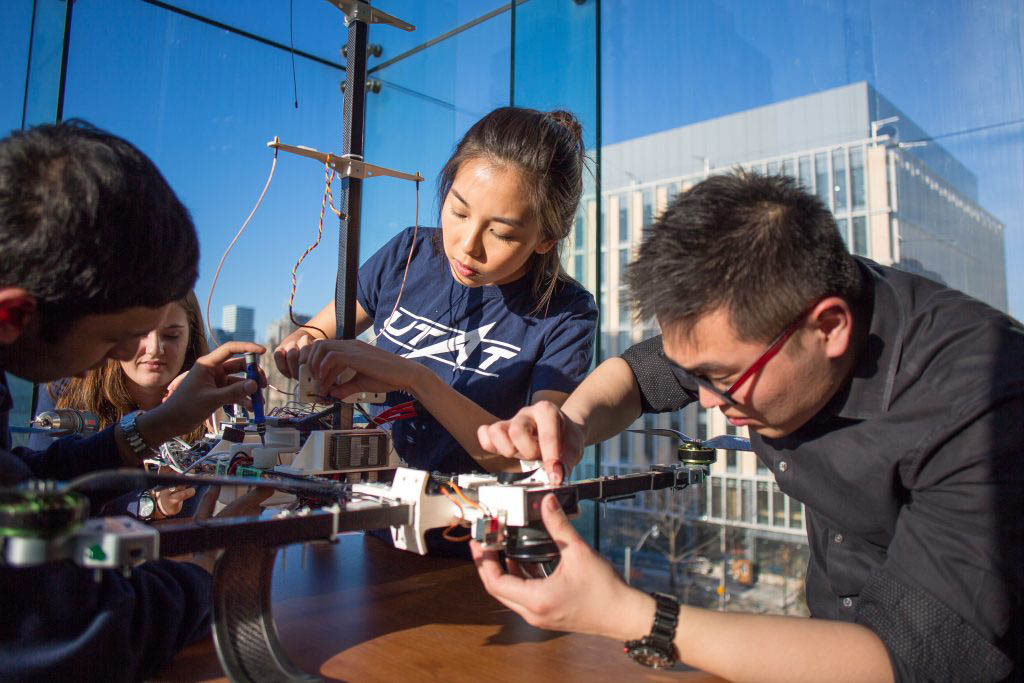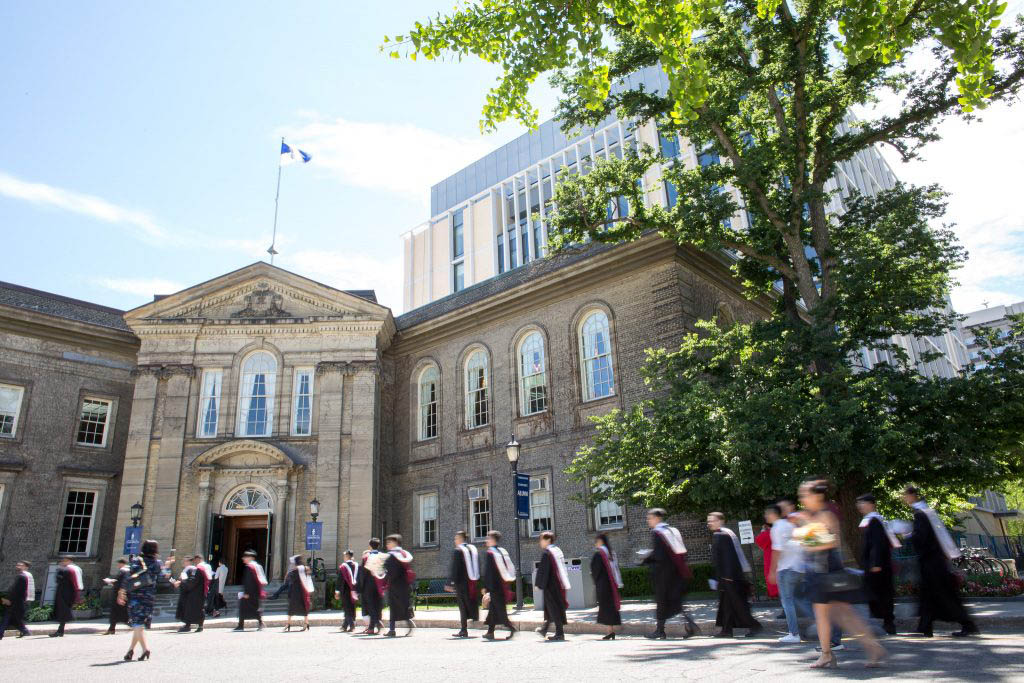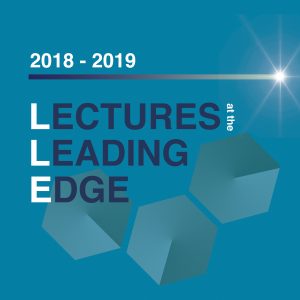 ALÁN ASPURU-GUZIK , University of Toronto
ALÁN ASPURU-GUZIK , University of Toronto
Hosted by the Department of Chemical Engineering & Applied Chemistry, Lectures at the Leading Edge enhance our culture of excellence by providing a rich view of the broad landscape and far-reaching horizons of chemical engineering and applied chemistry education and research.
Closed-loop Discovery of Materials: Robotics, Artificial Intelligence and Predictive Methods for the Design of Active Organic Materials
Arguably, the timeline from discovery to commercialization to scale up of novel materials is too long. The process of discovery is ridden with pitfalls that stop ideas and insights in the lab from being developed into new technologies. Given the accelerated degradation of our environment due to anthropogenic sources of atmospheric carbon, fast action is needed to tackle the challenges of the twenty-first century. In this talk, I argue that to increase our rate of discovery, we need to re-think the current laboratory setups and protocols. We should seek to build “self-driving” laboratories that by using closed-loop feedback of rapid synthesis and characterization steps help humans explore chemicals and materials space faster. Specifically, I will discuss the progress in my research group and collaborators in the use of artificial intelligence, automation and high-throughput screening for the accelerated discovery of organic materials in the fields of organic flow batteries and organic electronics. I am very interested in getting to meet my colleagues from Chemical Engineering and Applied Chemistry to foster potential collaborations as we seek to build our self-driving lab here in Toronto.
Alán Aspuru-Guzik is professor of Chemistry and Computer Science at the University of Toronto and Canada 150 Research Chair in Theoretical Chemistry. Alán was hired by Harvard University in 2006 and was promoted to Full Professor in 2013. He received his B.Sc. from the National Autonomous University of Mexico (UNAM) in 1999 and obtained a PhD from the University of California, Berkeley in 2004, where he was also a postdoctoral fellow from 2005-2006.
Alán conducts research in the interfaces of quantum information, chemistry, machine learning and chemistry. He is a pioneer in the development of algorithms and experimental implementations of quantum computers and quantum simulators dedicated to chemical systems. He has studied the role of quantum coherence in the transfer of excitonic energy in photosynthetic complexes and has accelerated the discovery by calculating organic semiconductors, organic photovoltaic energy, organic batteries and organic light-emitting diodes. He has worked on molecular representations and generative models for the automatic learning of molecular properties. Currently, Alán is interested in automation and “autonomous” chemical laboratories.
Among his awards are the Google Focused Award for Quantum Computing, the Sloan Research Fellowship, and was he was selected as one of the best innovators under 35 by the MIT Technology Review. He is a member of the American Physical Society and an elected member of the American Association for the Advancement of Science (AAAS) and he received the Early Career Award in Theoretical Chemistry from the American Chemical Society.
Wallberg Memorial Building, Room 116

